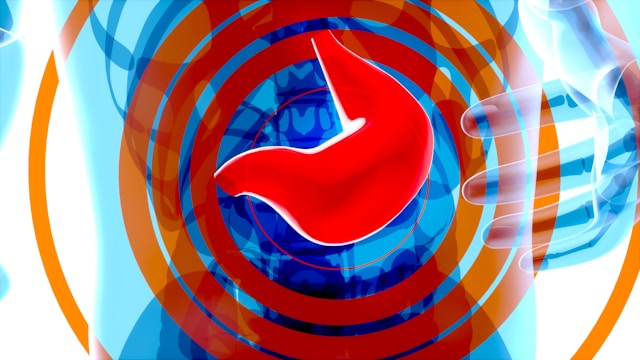Abby Wambach is a Soccer Champion
With 184 goals, she is the leading career scorer—male or female—in international soccer. Wambach has more international goals than Pelé and Lionel Messi combined. The openly lesbian athlete retired in December after leading the U.S. Women’s National Team to its third world championship in 2015. Wambach was the FIFA World Player of the Year in 2012 and appeared in four World Cup tournaments with the national team. She also has a pair of Olympic gold medals from the 2004 Games in Athens and the 2012 Games in London. She missed the Beijing Olympics in 2008 because of a leg fracture.
Abby Wambach is an Addict
Ahead of the release of her new memoir Forward, Abby told the Associated Press that she had “abused alcohol and prescription drugs for years until her arrest for driving under the influence in April.” “I was stubborn and I was in denial,” Wambach told the AP. “I didn’t want to face the truth.” Forward chronicles Wambach high-profile marriage to fellow soccer player Sarah Huffman and the struggles they faced. And Abby talks about her struggle with vodka and pills, which included Vicodin, Ambien and Adderall. Chapter titles in the book are labels she has received: tomboy, manic, depressive, captain, lesbian, hero, champion, failure and addict. Those few words reveal a lot about the co-occurring conditions in play for Abby over the years. The DUI arrest in the spring was a turning point for Abby. She pleaded guilty and agreed to enter a diversion program for first-time offenders that included treatment. “That night getting arrested was one of the best things that has ever happened to me. Because if I don’t get so publicly shamed and publicly humiliated, I don’t think I wake up,” Abby is quoted as saying in the National Post. “I think I was asleep for a lot of years. Asleep to the pleas from my family and friends, and even myself, to get help. So that night I was humiliated enough to wake up.”
Abby Wambach is in Recovery
Writing the book seems to have helped Abby come to terms with her substance use disorder. On her Facebook page she writes, “For thirty years, scoring goals was my currency, the one skill I could barter for security and acceptance and love. Rarely did I pause long enough to consider what might come next, and how the shape of my life would look without soccer to fill it up. Writing this book has allowed me the space to do that… Writing this book has been a true gift.” It has become clearer to Abby that even champions cannot be perfect, it seems. “When you read about my lows, my self-doubt, my drinking, you might judge me and that is ok,” she writes on her Facebook page. “But no matter who you are or what you’ve done with your life, I bet you will recognize the feeling I describe, that private terror that makes you wonder if you’re lost for good. You’re not. I am nervous to open up and talk about my struggles for the first time this week. But I hope in so doing, we can change the conversation about what it means to be a “hero.” Heroes fail. They fall down. They screw up. Heroes tell the truth.” Recovery is about hope and a sense of belonging. And if a champion like Abby Wambach can open up about her “private terror” and her feelings of shame, it is an inspiration for all people in recovery from substance abuse. “It’s really hard to talk about things when you’re ashamed,” Abby told the AP. “And I’m not ashamed about what happened to me anymore because it led me to where I’m at right now. I’m proud of where I’m at.” Forward then is not only about the position Abby played on the field but also about moving forward with a life of recovery.




